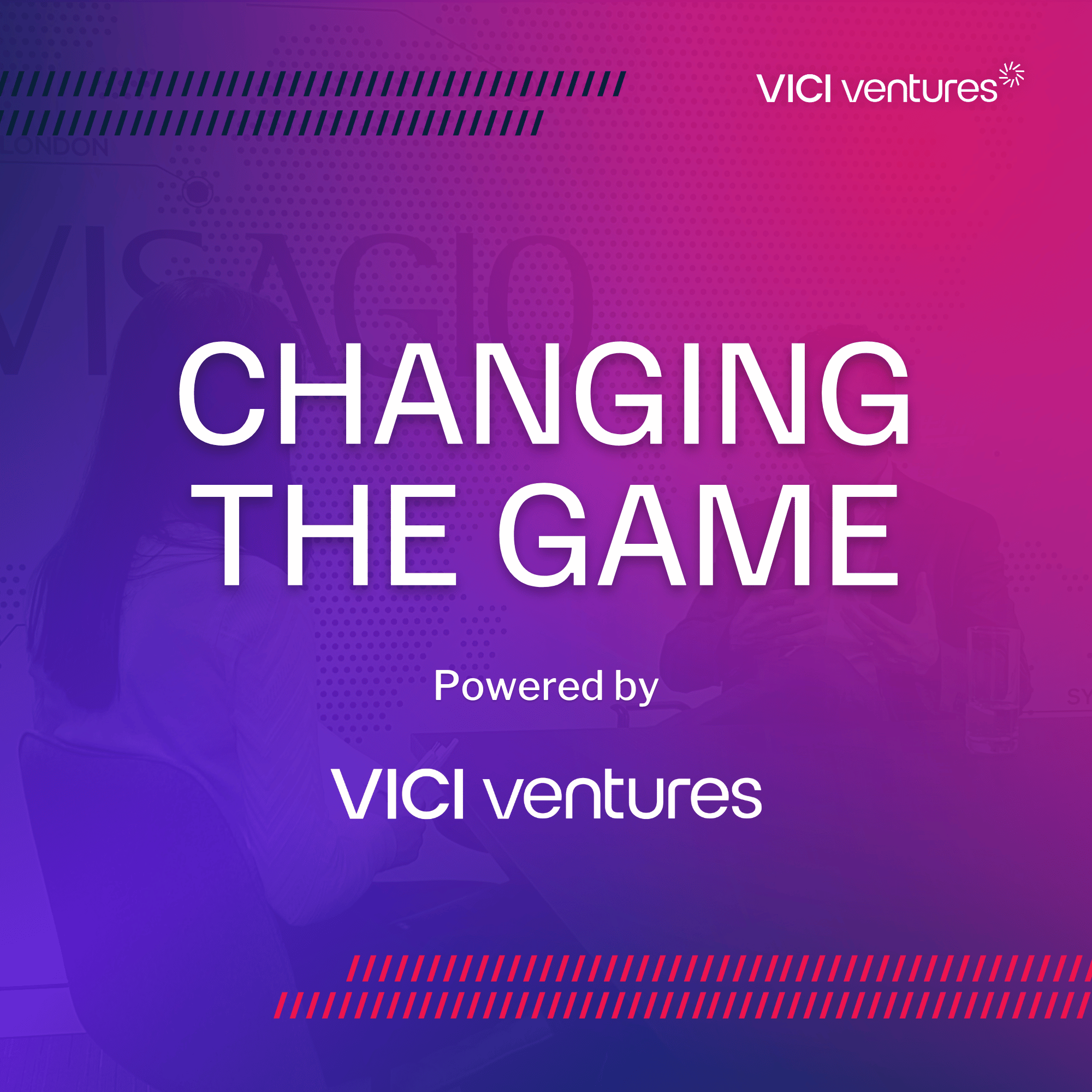Episode 15
Changing The Game with Wilson Casado - Jill Tang
When she’s not starting another successful business, or supporting communities across Australia, Jill Tang likes to spend her time advocating for the inclusion of women in STEM fields through her start-up “Ladies Who Tech”.
Through this wonderful business, she has helped over thirty thousand women in eleven cities across the world to see new possibilities in their future, changing the game for women in the industry and making history one dream at a time.
Jill’s amazing work has been reported by Forbes China, The Guardian, BBC and many other media’s across the world, making her simply too cool not to interview in the changing the game podcast.
Here’s a quick recap of how that went:
Returning Home as a Stranger
We often see the products of one’s journey before learning what it took to get there. In Jill’s case, it all started when she moved from Shanghai to Melborn, Australia where she graduated in finance accounting.
Upon returning to China after graduating, Jill experienced a “reverse culture shock”, as she could not find people who shared in the identity shift that came with her overseas experience, after all there was no structure supporting this community.
Which is when she decided to create one. Thus began Jill’s entrepreneurial journey, which would be marked by businesses focusing in building and sustaining communities, including her third startup: Women who tech.
Having difficulties in fitting in after a long term international experience is something that I know too well as a Brazilian that has work overseas for most of my life, and seeing Jill taking this situation and turning it into positive change is more than inspiring.
And because she had the courage and skill to do that, those that came to the same situation after her will not have to go through the same isolation.
Chinese Women and STEM
Now, as those of you that listen to the podcast regularly (as you should) already know, women in STEM is a subject which I am particularly interested in, so I could not pass the opportunity to ask Jill about this in a Chinese context.
She replied that despite the fact that the gender wage gap is a universal issue inside and outside of STEM, China was doing better than many other countries.
“Chinese people are very tech-savvy, so I think its more about unconscious bias, which means yes, there is a gender gap for STEM in China as well but when it comes to digital equality, we are doing quite well. We have a good foundation to come from.”
While explaining this to me, Jill describes how the greatest challenge for Chinese women in STEM is changing society’s views on the subject, including that of women themselves, which is why “Ladies Who Tech” was created.
Ladies Who Tech
Naturally, our conversation gravitated towards Jill’s business, Ladies Who is a Tech, as I was really curious to find out what kind of work they performed in making women and girls feel included in the field.
“Our mission is very simple”, she replied, “To close the gender gap, and most importantly to promote gender diversity and inclusion in the STEM industry.”
The challenge, she explained, was achieving this end, which demands contribution from all the involved parties, including individual companies, the government and the communities around the women that want to create a space for themselves in the field.
In order to achieve this goal, Women Who Tech provide consultations to companies seeking to increase diversity in the work place, while also helping women within companies to structure a support community.
They have also developed a gender diversity and inclusion app where companies can place their employment branding and job offers exclusively to women and make a focused effort to hire them.
A Chinese Woman In Australia
Now, as someone that came from overseas to study in Australia, it’s not hard to imagine Jill had to face quite a few barriers in her journey towards accomplishment, which, as she explains, went from something as simple as language to the innermost sense of loneliness.
Jill recalled that overcoming these barriers was only possible because she was able to rely on an entire community of which she took part, the idea that whenever she would fall, there would be a support net to catch her.
However, she also warns that while having a group of people with whom you share an identity and story is important, you still need to prepare for being pushed out of you comfort zone, as she was in her first days studying here.
Because, in truth, Jill did not like Australia all that much at first, and were it not for her “tiger mom” telling her to do whatever it took to overcome adversity, maybe I never would have met her.
As someone who knows what it’s like to be raised by an amazing woman, and to overcome a severe language barrier after moving overseas, I could not help but relate.
Conclusion
The main lesson that comes out of my wonderful conversation with Jill Tang has to be the importance of tackling the tremendous mission of changing the game with the aid and support of the people around you.
Not just because having people who care for you around greatly increases your quality of life along with your chances of success, but because they too, as individuals who share in your identity with all its pros and cons, stand to gain from your work.
So, for today’s mental exercise, I want you to think seriously and clearly about who are the people inside your community and you can coordinate this community to become a force of change in the world.

